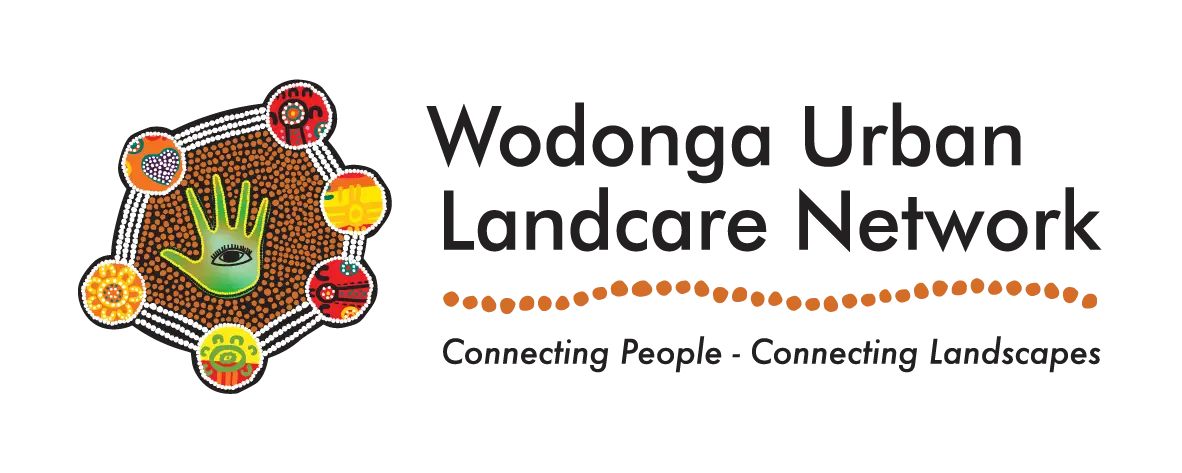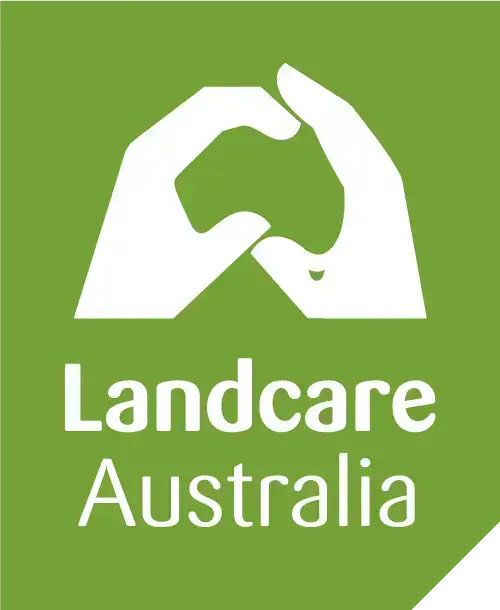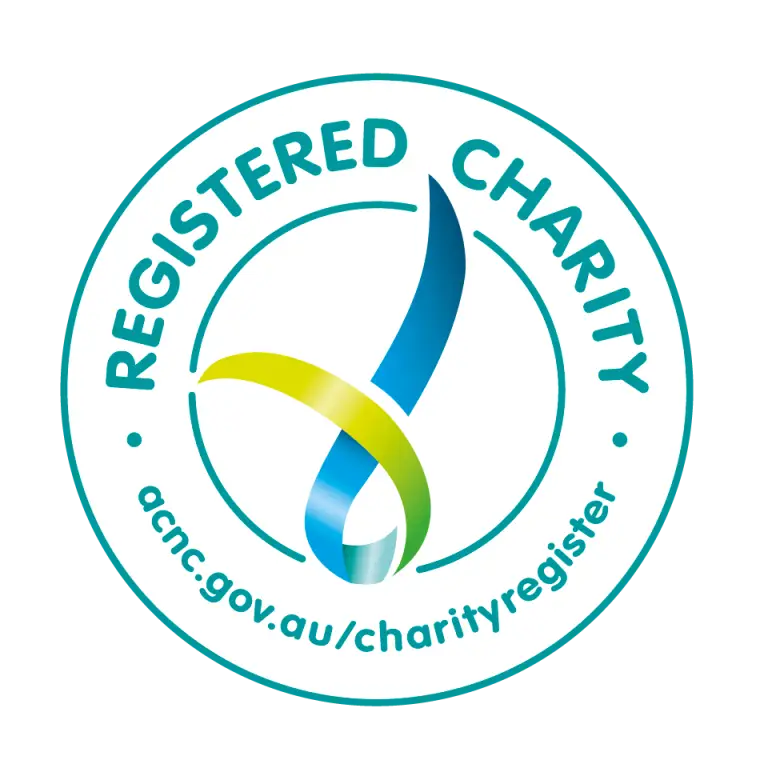Wodonga Landcare (WULN) have delivered their largest project to date, improving the health of Wodonga’s urban waterways, through funding from the Murray-Darling Healthy Rivers program.
The project comprised multiple elements including extensive waterways works and engagement activitities that have helped to implement actions from the Wodonga Regional Waterway Action Plan in partnership with member ‘Friends’ groups, City of Wodonga, Parklands Albury-Wodonga and other partners. The project ran over 18 months with funding from the Australian Government.
“We’re delighted with what has been achieved and excited for where this work will take us,” said Jo Vincent, Network Facilitator and project coordinator from Wodonga Urban Landcare Network.
This project was conceived from the community-led Waterways Action Plan and a need to support efforts towards waterway health across Wodonga’s waterways.
It was a challenging delivery, in terms of the wet weather experienced during the project timeframe, changes in staff, and the diversity of stakeholders, Jo noted.
“The outcomes are impressive and they are just the beginning. Across the project sites we’ve overseen significant change and with that comes challenge, education and also huge opportunity to have progressed waterway health and habitat restoration and much more”, she said.
Some of the key outcomes from this project are noted below.
Jo is enthusiastic, “We hope you’ll visit these sites, join Friends groups or Landcare and watch the further progression from here. It’s exiting!”, she said.
The project rehabilitated 16ha/3.68km of urban waterways and completed maintenance works on previously treated sites across the City of Wodonga. This was an additional 400m more than planned and an additional 9.4ha which has significantly improving biodiversity, water quality, and the visual amenity of our regional city. The project improved the waterways of Willow Park, Clyde Cameron Reserve, David Winterbottom Park, Ewart Brothers Reserve and the Middle Creek section of the Bonegilla Rail Trail.
The project encompassed weed management/removal, waterway erosion control and mitigation works to prepare the riverbanks for revegetation with native seedlings, providing new homes for wildlife and providing bank stability for our waterways.
The project also included seed collection and propagation of 10,000 tubestock (5,000 more than planned) by Our Native Garden Nursery, a community owned social enterprise run by volunteers. The project has improved their capability and capacity for future work.
Community engagement for this project included on-ground community activities such as community tree planting days and walk and weed sessions, providing hands-on community involvement in the restoration and facilitating ongoing community ownership over the project and Wodonga’s waterways. Schools were engaged to generate stewardship in the next generation of Wodonga residents.
The project has assisted Wodonga Urban Landcare Network, including the member Friends groups, to develop ongoing maintenance plans for the five sites which provide these community groups with guidance for future weed control and revegetation.



